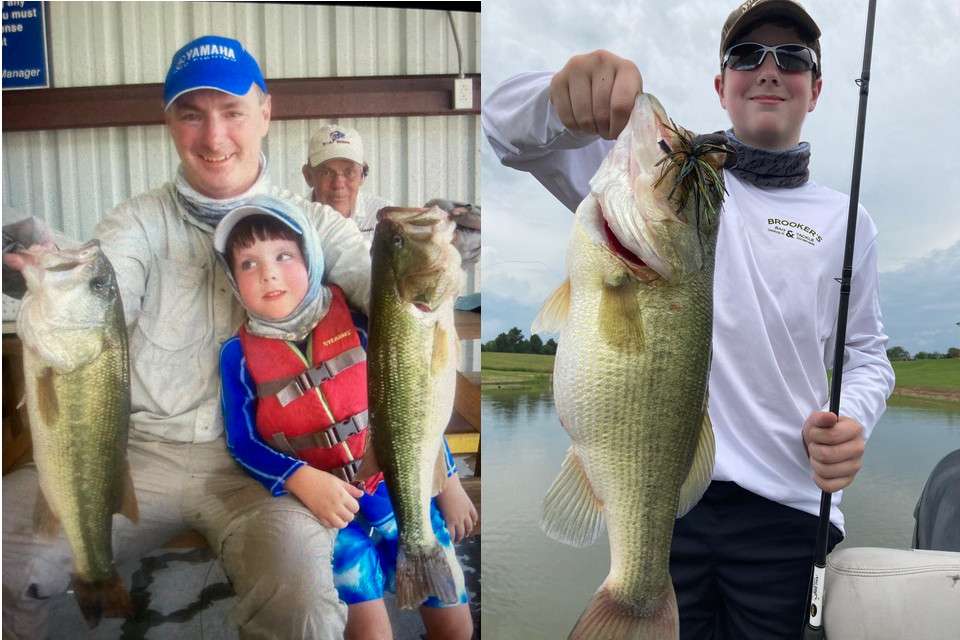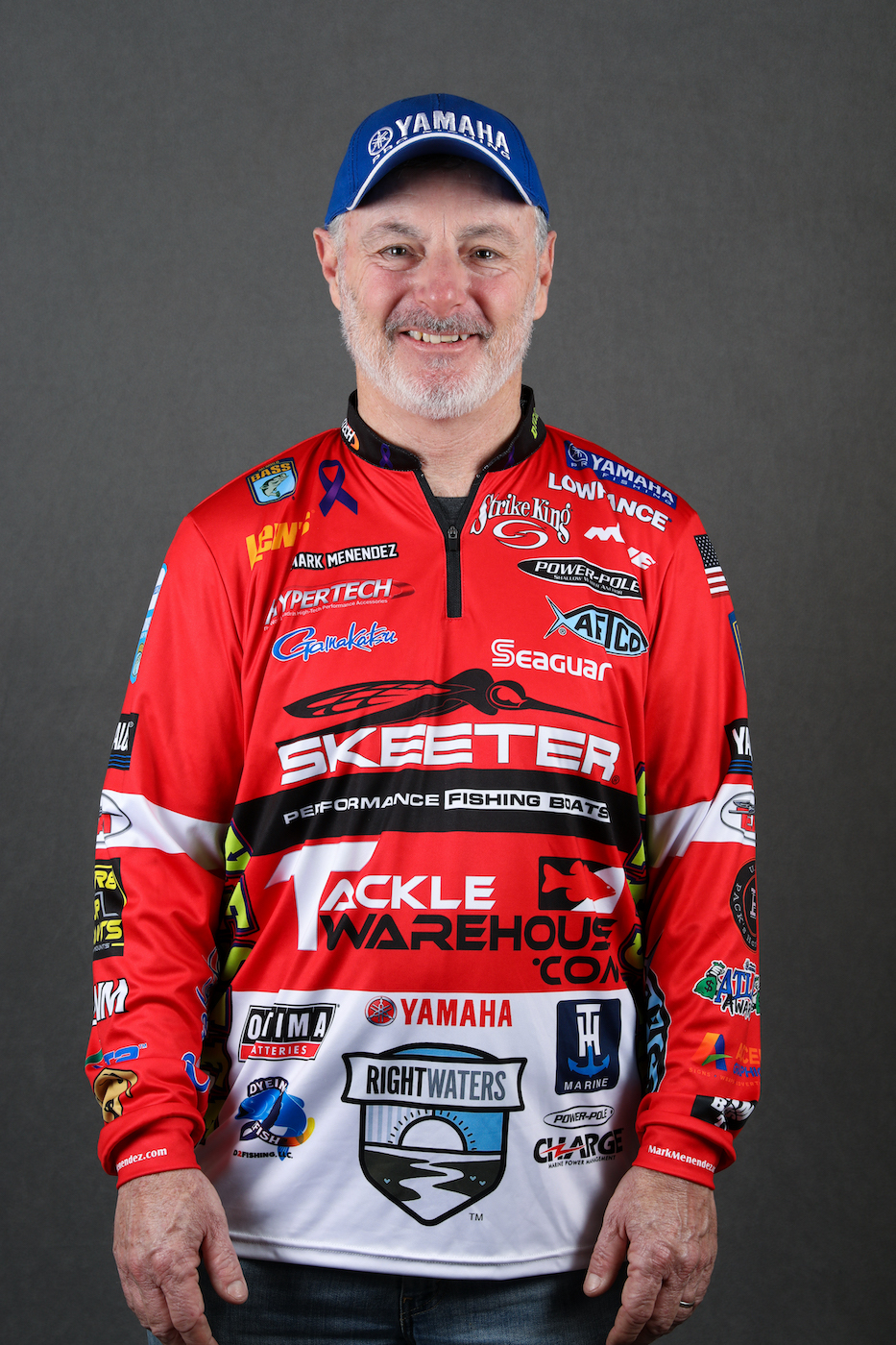
I’ve had an interesting experience with my son, Max, over the past 10 years. It tells us something about youngsters fishing and learning to appreciate the outdoors. I’d like to share it. Maybe it’ll create some food for thought for others.
Back when Max was 5, we fished a tournament together. Around that time he would stand outside our garage with tackle in hand every time the boat left the garage. It was all about being in the boat with dad doing big-boy things.
After that win Max’s fishing interest waned to the point he did not even want to fish in our pond in the yard. This went on for 10 years. He had no interest in fishing whatsoever. I’m not totally sure what happened. It might have been that he just developed other interests. You know, kids often want to learn to do something, but when they can do it they want to move on to something else.
But it could also have been me. Did I push too hard as a tournament angler? Did I want it more than he did? Looking back, I think the answer to those questions might be yes — at least partially.
My world is about fishing, learning the details of every body of water and all of my equipment. There’s constant competition in it, too. His world was spending time with his dad and learning to do new things.
Now, though, with us being home all the time because of COVID-19 and my back injury, things are changing. We’ve been fishing small lakes and ponds — I can’t go for very long yet — where the catch rate is high. His interest in fishing is starting to get stronger. He likes to go, and he seems to have a good time.
I can say that with certainty because he can describe a bite and every topwater strike in great detail, and he does that with a big grin on his face. That’s a sure sign of good things.
My being home hasn’t been totally bad in that regard. And, I think that I’ve matured a lot over the past decade. My hair is gray now, and I have a lot more patience. I don’t say much, or care about, a bad cast, or a backlash, or a lost lure. It isn’t as big a deal as before.
Most importantly, however, I keep my mouth shut most of the time. I help when I can, but it’s his learning experience. He does things his way. I don’t force myself on him or try to artificially increase his skill level.
Another thing is that I let him drive the boat these days. We follow all the B.A.S.S. safety rules like wearing a PFD and always attaching the kill switch. But again, unless a safety issue comes up, that’s about all I do with him. He’s free to figure out the relationship between trim, speed and being on plane. He’s learning by himself how the boat turns and how it slows down and stops. I just sit, watch and keep my mouth shut.
That’s made a big difference in how things unfold with us and with his appreciation of fishing. I’ve noticed lately that when he comes home from school he goes to the garage where he’ll respool his reels, restock and organize his tackle and just mess around with his fishing equipment.
The deal with all of this is that it seems to me that letting things unfold naturally is the best way to develop an appreciation of the outdoors. I don’t know if he’ll fish as an adult or if his interest will lead him in a different direction. Right now, he says that he wants to be a radiologist so he can help people fight cancer.
I want him to fish — not necessarily professionally — and I hope he does, but that’s not the most important thing, not by a long shot. The most important thing is that he’ll always have a smile on his face when he talks about fishing with his dad, and that’s good enough for me.

